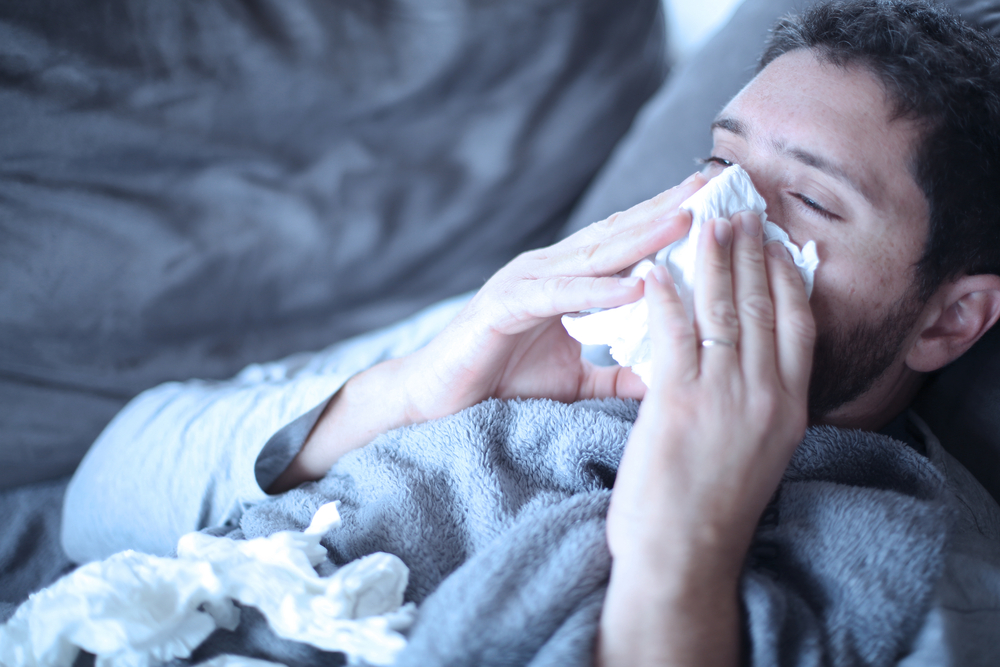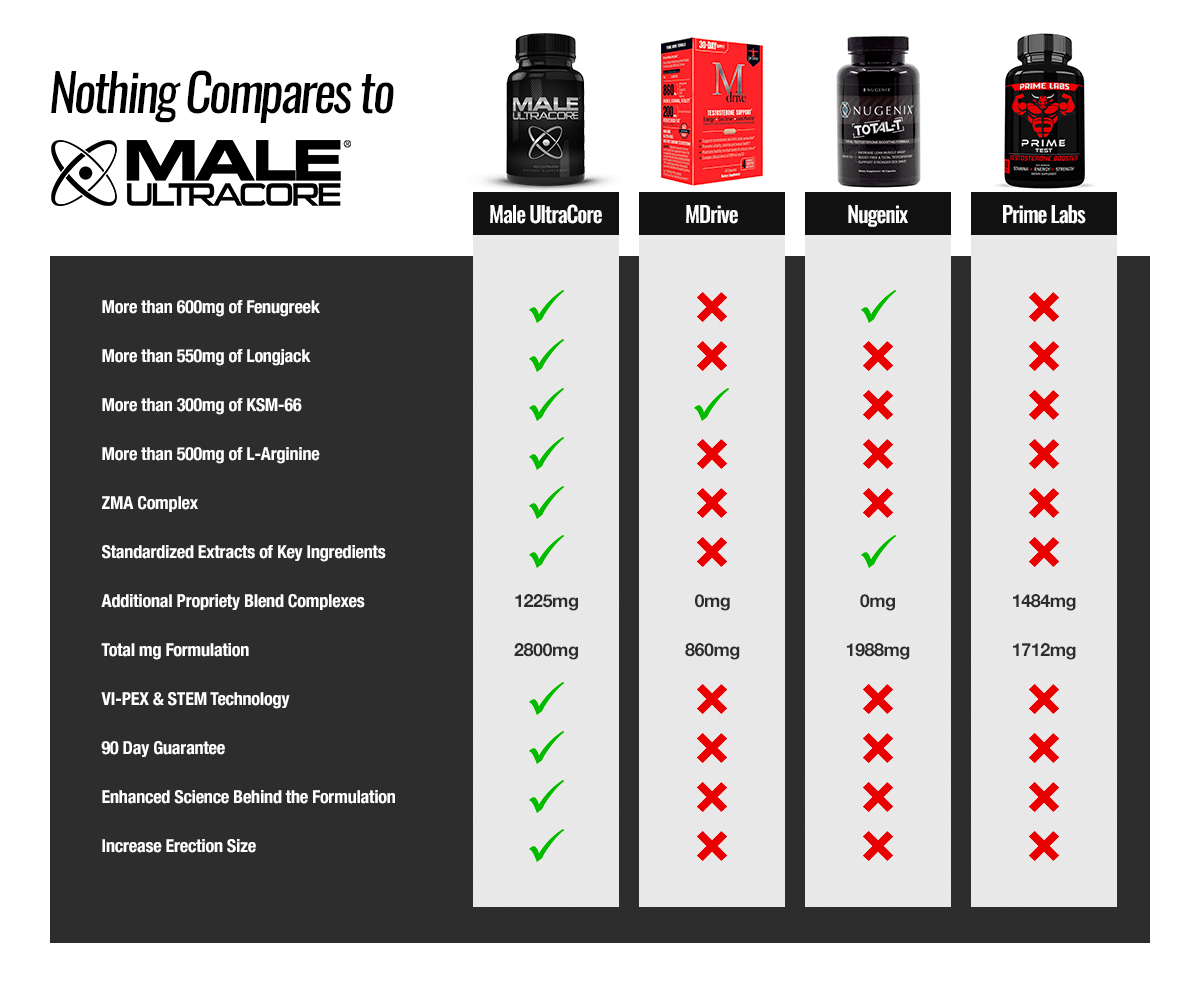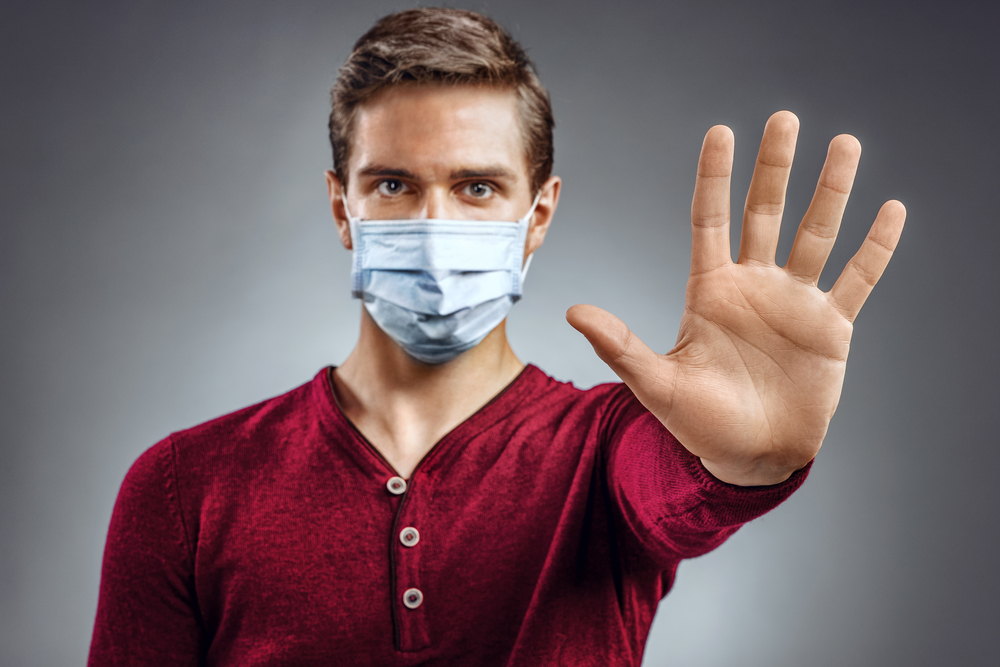Although it is highly contagious, a typical case of infection with the herpes simplex virus type 1 (HSV1) isn’t usually life-threatening. Cold sores, by themselves, do not cause death. However, in certain cases, oral herpes may lead to complications that can increase your risk of mortality.
For instance, if you have sexual contact with someone who is HIV-positive at a time when you have oral or genital herpes, your risks of contracting HIV increase significantly. Continue reading to learn about when HSV1 might be dangerous for you.
Overview
The herpes simplex virus has two types. The first one, HSV1, is more closely associated with oral herpes and fever blisters or cold sores. The second type, HSV2, is the cause of most cases of genital herpes.
However, either type can cause oral or genital herpes. Experts estimate that more than 20% of new genital herpes infections are caused by HSV1. This can happen if you had oral-to-genital contact which can cause HSV1 from your oral region to spread to your partner’s genital region.
Herpes blisters can also grow on other parts of your body, such as on your finger (herpetic whitlow) or around your eyes (herpes keratitis). Herpes gladiatorum, on the one hand, can occur if you got wounded or your skin broke during contact sports and you contracted herpes from someone else during the game.
HSV1 is the cause of most cases of herpes gladiatorum and herpes keratitis. You can contract herpetic whitlow if you touch herpes sores with your fingers, and it can be caused by either HSV1 or HSV2.
Why is HSV1 So Contagious?

Billions of people have herpes and one of the reasons why this STD is so prevalent is that it’s easily transmitted. Did you know that you can contract oral herpes just by kissing someone who has it?
When someone who has cold sores kisses you, even just on the cheek, you will most likely get infected too. Many people acquire herpes during their early childhood, and it’s usually because someone with a cold sore kissed them.
Skin contact with herpes sores can cause the virus to spread. This is why you shouldn’t give your partner oral sex when you have a cold sore if you don’t want your partner to acquire genital herpes.
You could transmit the virus if you have a cold sore and you share your drinking straw or spoon with someone else without washing it first. But the herpes virus generally doesn’t live long on inanimate surfaces so it’s alright to share eating utensils as long as they’re washed clean first.
You could also inadvertently spread the virus from your mouth or genitals to other areas of your body if you touch your cold sores. This is usually how herpetic whitlow and herpes keratitis happens.
There are also many cases when oral herpes doesn’t produce any symptoms. So you and your partner may be unaware that one of you has HSV1, just because you don’t see any blisters or cold sores.
This is another reason why oral herpes is so easily spread. Since many people don’t know they have the virus, they’re unable to take precautions that can help them avoid passing the virus to their loved ones.
Does HSV1 Pose Serious Health Risks?
HSV1 can be very painful and irritating. Most of the time, however, it doesn’t really pose any serious health problems. For otherwise healthy adults, the most serious health complication that oral herpes can cause is probably dehydration. It can happen if you’re not eating or drinking enough liquids because of the pain your herpes sores are causing.
However, for people whose immune system is compromised, HSV1 may lead to serious complications. Studies indicate that herpes, whether oral or genital, can make you more vulnerable to HIV infection.

When people with advanced HIV infection contract herpes, they may experience more severe symptoms, as well as more frequent recurring outbreaks. This means that if you have HIV and you somehow acquired oral herpes as well, you will most likely experience severe pain, muscle aches, and fever during a cold sore outbreak.
HSV1 may also cause encephalitis, although this kind of complication is very rare. However, if the patient is a newborn, herpetic encephalitis may be fatal. Herpetic encephalitis may happen if the herpes virus travels to the brain through the olfactory nerve.
When left untreated, the mortality rate of herpetic encephalitis can be as high as 70%. However, in cases when the brain infection is treated right away, the mortality rate is significantly lower at around 30%.
How Do You Manage Herpes Symptoms?
Unless a cold sore outbreak causes pain and discomfort, you may not need any treatment at all for oral herpes. For those seeking treatment, antiviral medications are available. However, these medications will not totally cure your herpes infection. Once you contract herpes, the virus stays in your system for life.
Currently, there are three antiviral medications available for herpes treatment. These medications can help you by suppressing the virus and preventing or lessening outbreaks. Your doctor may give you a prescription for either valacyclovir, famciclovir, or acyclovir.
It’s best to take these medications the moment you notice any herpes outbreak warning sign. If you take these medications as soon as you feel the itching sensation that usually precedes a cold sore outbreak, you may be able to stop the outbreak, or at least shorten its duration.
If you’re suffering from frequent outbreaks, you may want to ask your healthcare provider if you can get daily suppressive therapy. If your doctor approves, you will need to take a small dose of antiviral medication on a daily basis in order to lessen the frequency of your cold sore outbreaks.
Over-the-counter pain relievers can also help if your cold sores are causing too much pain, or you can apply a topical anesthetic gel on the affected area. Alternatively, you can also put an ice pack on the sore skin. You may also want to consider using cold sore creams.
Increase Your Testosterone Levels with Testosterone Boosters
Male UltraCore is a premium testosterone boosting supplement that is designed to maximize test levels, increase your performance and drive, and give you harder and fuller erections. 





